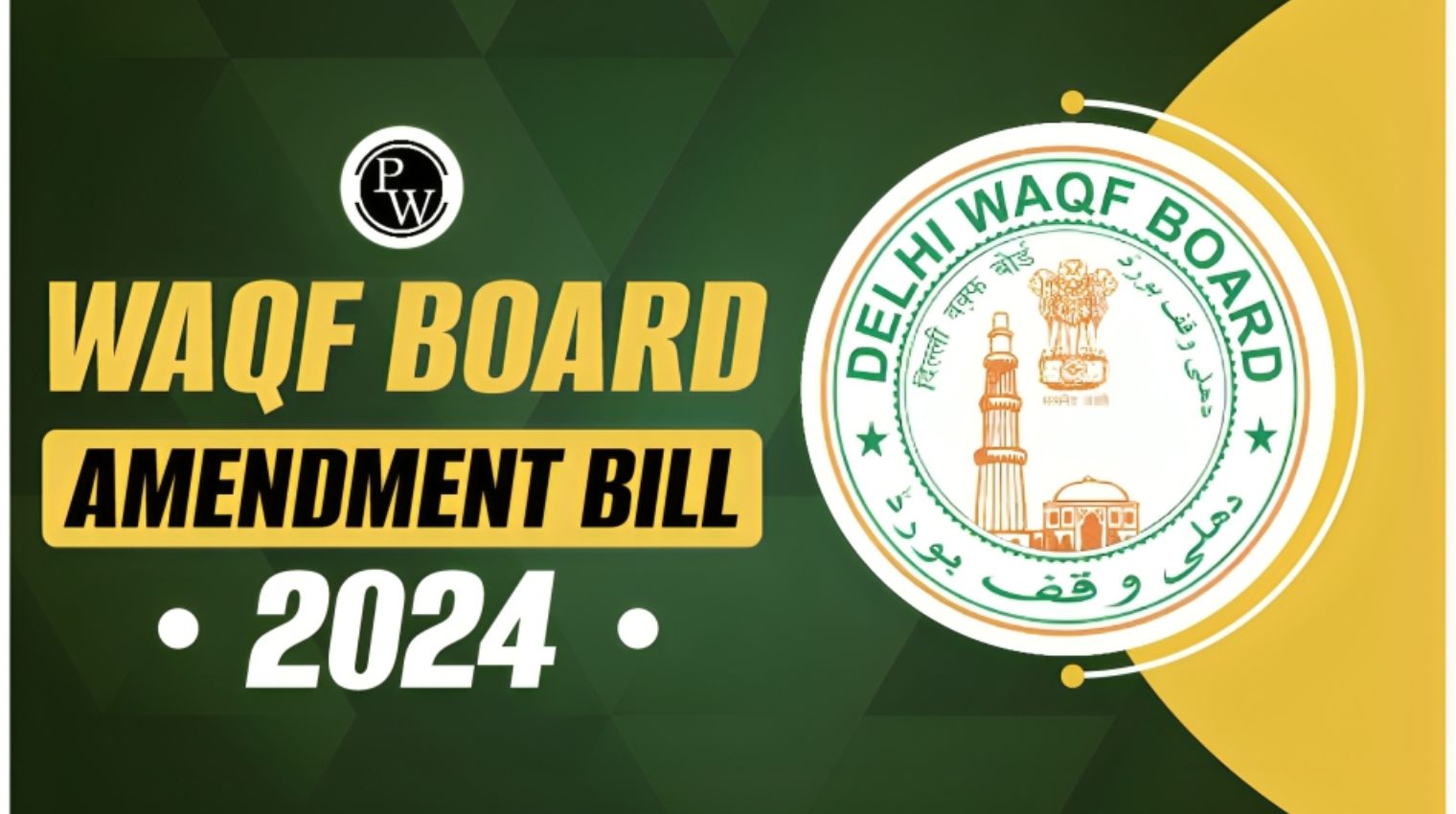The conglomerate issued a warning, claiming that the modifications are a “assault on our religious institutions” and that Muslims in Jammu and Kashmir will revolt if the government proceed with them.
In a letter to the Joint Parliamentary Committee (JPC) on Tuesday, the Muttaheda Majlis-e-Ulama (MMU) Jammu and Kashmir, a grouping of approximately 46 different religious organizations and Islamic educational institutions under the direction of Mirwaiz Umar Farooq, urged them to reject the proposed amendments to the Waqf Act, 1995, citing them as being against the interests of the Muslim community.
The conglomerate said that if the government proceeds with the modifications, Muslims in Jammu and Kashmir will demonstrate, calling it a “assault on our religious institutions.”
“We would like to emphasize how strongly the Muslim-majority region of Jammu and Kashmir feels about these Waqf Act revisions, viewing them as yet another attempt to erode our freedom of religion and the independence of our institutions. Muslims in JK will protest these revisions if they are not rejected because they view them as an attack on their religious institutions, according to a letter from MMU to Jagdambika Pal, the chairman of the JPC on the Waqf Amendment Bill.
The Waqf Amendment Bill, 2024 was introduced by the central government on August 8, which sparked protests and worries from a number of opposition members who cited the bill’s “encroachment on religious autonomy” and possible effects on the federal structure. According to the administration, the bill will help common Muslims, especially women and children. The bill is currently being considered by a joint parliamentary committee, which was suggested by the Center in response to the outcry.
The chief priest of Srinagar’s Jamia Masjid and patron of MMU, Mirwaiz, wrote in the letter that he and his congregation “deeply and seriously concern ourselves with the proposed amendments to the Waqf Act.”
“We feel that these revisions contravene both the widely acknowledged fundamental rights of communities and the interests of the Muslim community. Waqf assets are private estates that Muslims commit to God for the betterment of their community and the impoverished. Such religo-social institutions should be subject to the least amount of state intervention. However, it stated that the government’s proposed amendments blatantly show an attempt to exert control over this organization, casting doubt on its intentions.
The bill increases government control while attempting to limit the authority of Waqf boards to oversee its properties. The bill suggests requiring all Waqf properties to register with the District Collector’s Office in order to assess the property. The district collector will have the last say in determining whether a piece of land is government land or waqf property.
The collector now has complete authority to transform waqf properties into “Government properties.” The letter from MMU requested time for a meeting with the JPC, stating that “this action seeks to undermine the very purpose of the Waqf Act, which is to protect and preserve the properties dedicated to religious and charitable purposes by the Muslim community members.”
“An additional significant issue is the decrease in Muslim representation and the rise in non-Muslim representation, which now stands at 13 in the central Waqf council and seven in the state waqf boards, as well as the arbitrary mandate bestowed upon them. It stated that previously, every member—aside from one—was a Muslim and had been elected.
According to the letter, the bill’s proposal to remove “Waqf by user” not only goes against the fundamental principles of Waqf, but it will also intensify community claims over Waqfs, including mosques, that have been around for centuries but are not recognized as such in revenue records. This leaves them vulnerable to legal action and unlawful taking by state authorities.


Leave a Reply